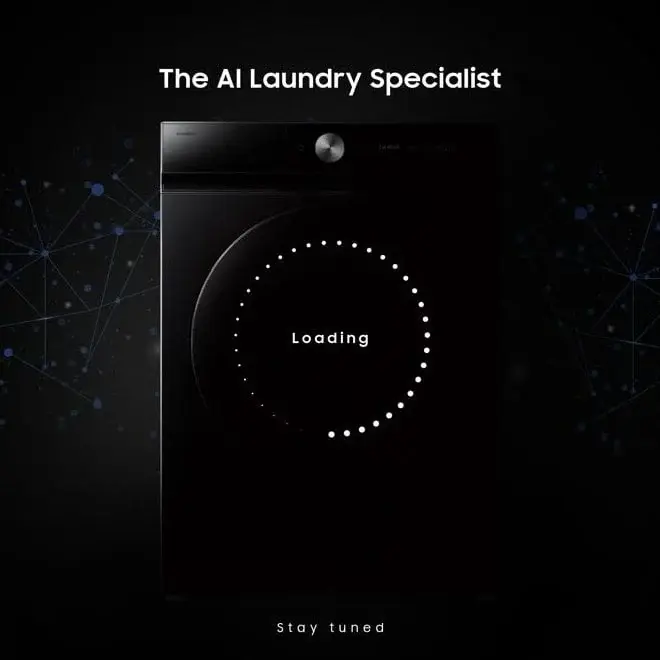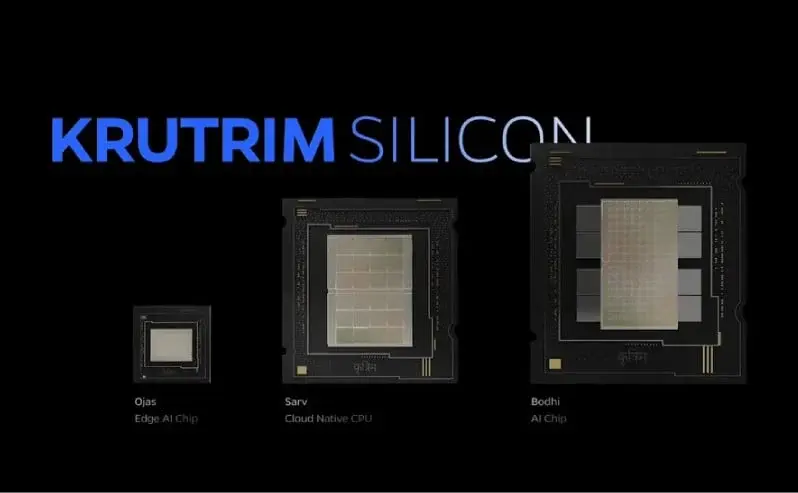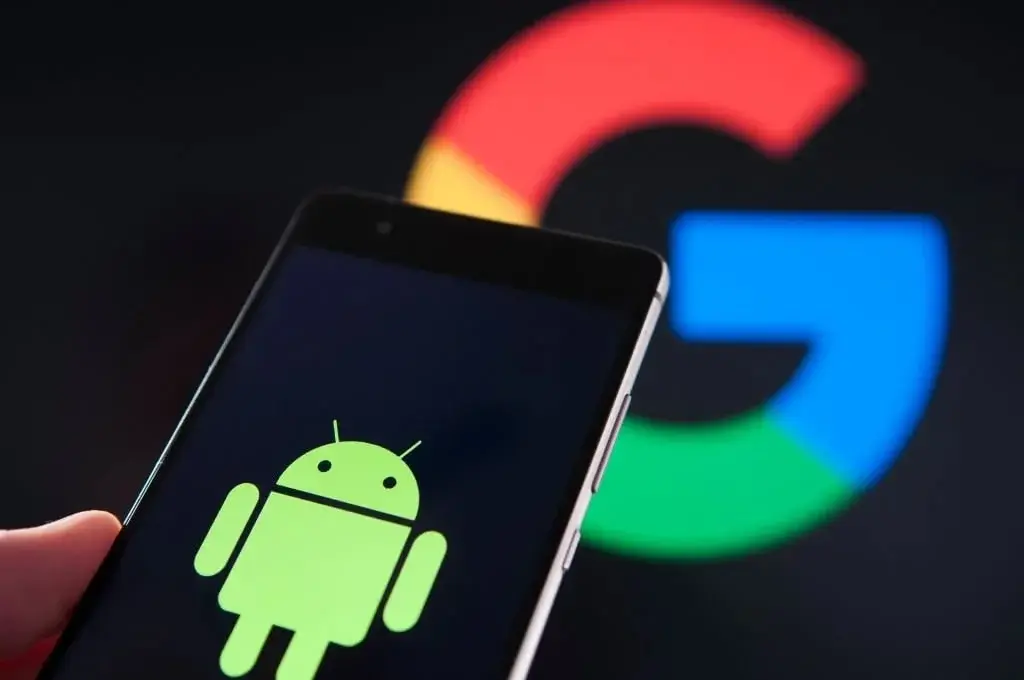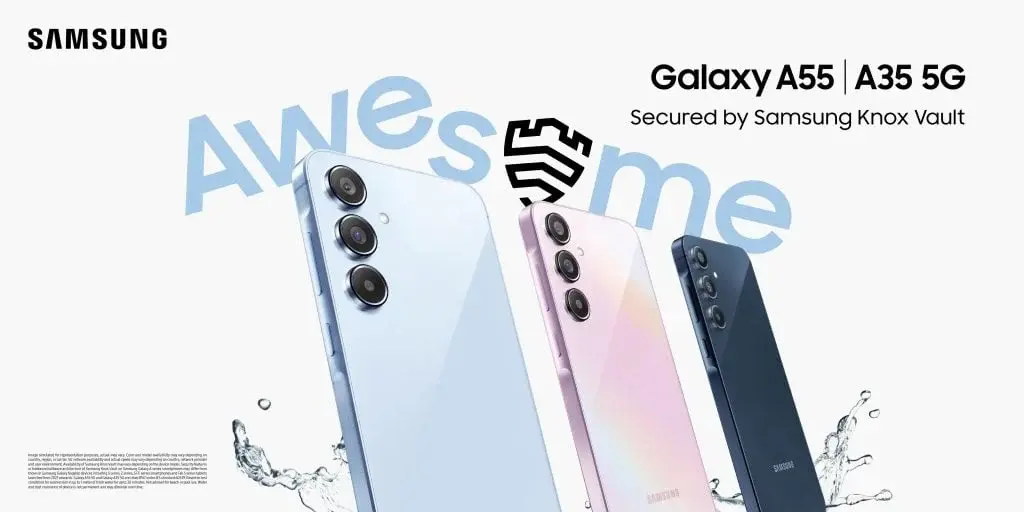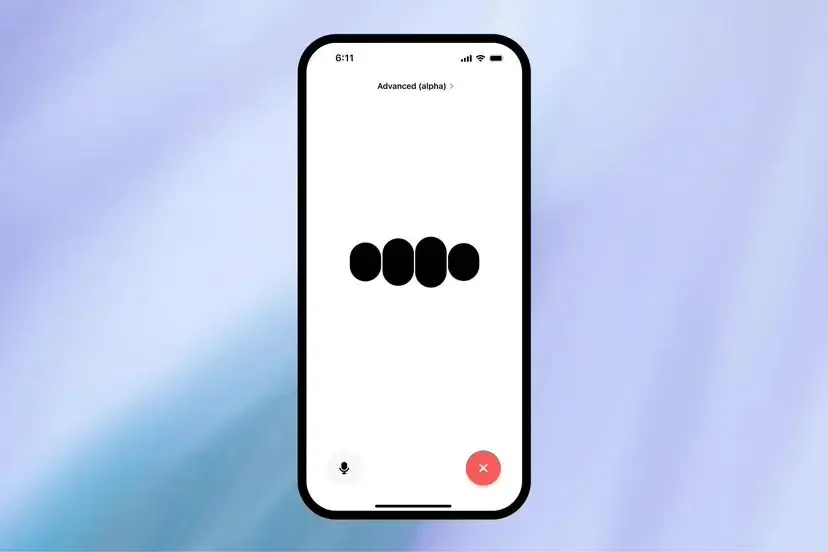The Internationale Funkausstellung Berlin, commonly known as IFA, stands out as one of the most expansive and long-standing technology trade fairs worldwide, taking place every year in Berlin, Germany. Since its inception in 1924, the event has served as a pivotal meeting place for the consumer electronics and home appliance sectors.
This year’s IFA will occur from September 6 to 10 at Messe Berlin. The event is particularly noteworthy as it celebrates the fair’s 100th anniversary. Organizers anticipate attendance from over 180,000 visitors from 139 nations, who will have the opportunity to explore more than 1,800 exhibits from leading technology brands.
Brands and Innovations
Key companies participating this year include major players such as Honor, Samsung, LG, Philips, Hisense, and Lenovo. These brands will utilize IFA 2024 to exhibit their latest advancements in areas like artificial intelligence, the Internet of Things (IoT), robotics, and sustainability.
This article will highlight what to expect from IFA Berlin 2024, though it will not cover everything. With around 93 million products projected to be announced, detailing each one is unfeasible. However, this should provide a glimpse into what the show has in store.
Smartphones and Tablets
You won’t typically find Samsung, Apple, or Google unveiling new phones at IFA or similar trade fairs. However, Honor plans to take advantage of this opportunity. The brand is set to debut its latest foldable phone, Magic V3, at the event, which claims to be the world’s thinnest foldable. Honor has aggressively promoted this device, including a Guinness World Record attempt and multiple jabs at Samsung. Additionally, Honor is expected to introduce its MagicPad 2 tablet.
TCL will also participate in the smartphone showcase, likely launching its new Nxtpaper phone. The brand plans to unveil new QD-Mini LED televisions and has hinted at a “new cutting-edge sound solution,” aiming to establish a new category within its TV series.

Laptops
Qualcomm’s new Snapdragon X Plus 8-core chip is set to appear in laptops, with IFA being the launchpad for several new models. Lenovo is expected to reveal a new IdeaPad Slim 5 featuring the Snapdragon X Plus X1P-42-100, with a 14-inch OLED display and various configurations offering up to 32GB of RAM and 1TB of storage. Another Lenovo model, the ThinkBook 16 G7 QOY, will also feature the new processor, boasting a 16-inch display and an 84-watt-hour battery.
powerful Snapdragon X Plus/Elite version
Acer plans to unveil the Acer Swift Go 14 AI SFG14-01, a laptop with the Snapdragon X Plus X1P-42-100, offering a 14.5-inch display and a 75-watt-hour battery.

Home Appliances
Home appliance innovations are always a focal point at IFA, and this year is no exception. Samsung will hold a press conference on August 5, though specific details remain under wraps. Last year, Samsung impressed attendees with technology like the 98-inch Neo QLED 8K TV, gaming monitors, and a new Freestyle projector.
Panasonic returns for the 2024 event, though details on new products are limited. Historically, Panasonic has used the fair to showcase their latest TVs, often launching them earlier in the year. Surprise announcements are anticipated, especially given Panasonic’s reputation for high-quality audio products, such as Technics turntables.
LG, another leader in home appliances, will not be left behind. Alongside their typical array of white goods like washing machines and refrigerators, LG will introduce ThinQ On, a new AI-powered home hub. It is designed to control various connected smart devices and is Matter-certified for maximum compatibility. We are eager to see how it compares to existing smart speaker setups and will explore its features at LG’s booth in Berlin.
Besides these major brands, IFA will also feature numerous startups and smaller companies showcasing innovative home appliance solutions. From smart kitchen gadgets to energy-efficient appliances, there will be discoveries for everyone.

Artificial Intelligence
IFA 2024 will be a significant platform for artificial intelligence (AI) technology this year. Building on the momentum from CES 2024 and Computex 2024, AI is expected to play a crucial role in many products and announcements at this year’s event.
AI is projected to significantly impact the home sector, with LG already announcing plans to unveil new AI-powered appliances. We can anticipate many more innovative home devices utilizing AI technology.
Beyond home appliances, AI will likely influence other IFA areas, such as smartphones, tablets, and wearables. Honor has confirmed that its latest phone and tablet will feature AI-powered capabilities, and similar announcements are expected from other companies.
Future Tech: Flying Cars and Eyewear
IFA is not afraid to showcase bold concepts. This year, Alef Aeronautics will present a non-operational model of their Model A flying car. With over 2,850 pre-orders already in place, this electric two-seater may soon become a reality. Look forward to learning more about its production timeline and features during the company’s keynote on September 8th.
In a different vein of futuristic tech, ViXion will display its ViXion01 smart glasses. These aren’t typical augmented reality glasses; they focus on eye health with features like auto-focus and zoom to reduce strain. Step into the future of comfortable digital interaction and channel your inner Captain Picard.






